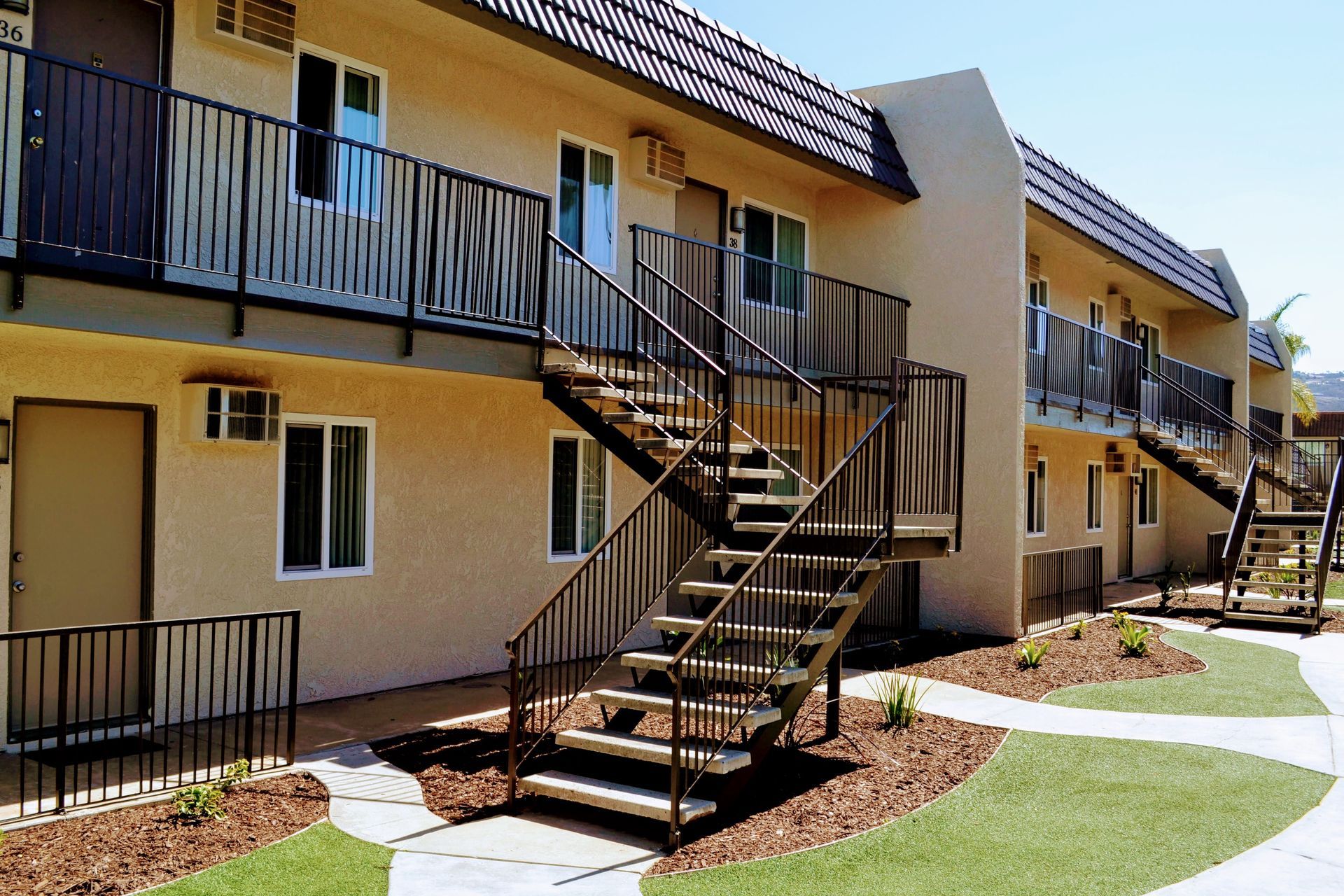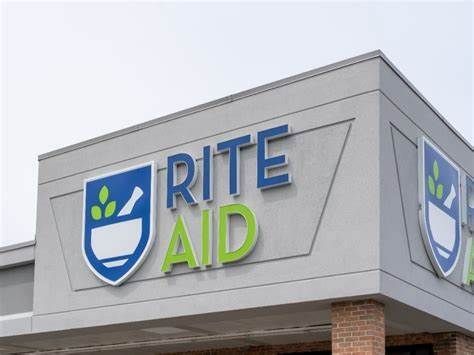By Anthony A. Luna
•
29 Mar, 2024
Harnessing Digital Innovation for Success in Property Management Property Management is in a state of rapid evolution, driven primarily by the digital revolution sweeping across industries worldwide and a need for all businesses to look for ways to serve their clients more efficiently. In the face of changing tenant expectations and the relentless pace of technological advancement, adopting digital tools has transitioned from mere advantages to outright necessity for property management professionals aiming for success. This transition is not just about embracing new technologies but fundamentally rethinking how we engage with tenants, manage properties, and conduct business in the digital era. This exploration focuses on the transformative impact of digital innovation on property management, emphasizing the crucial integration of ethical practices alongside digital solutions to usher in a new standard within the industry. The Shift to Digital In the current landscape, tenants want immediacy, convenience, and transparency in their interactions with property management—expectations that are increasingly being met through the deployment of digital solutions. Recognizing and responding to these demands with appropriate digital tools is the cornerstone of modern property management strategies. Digital transformation encompasses various technological innovations, from comprehensive property management software to AI-powered customer service interfaces, which collectively streamline operations and provide invaluable insights that inform strategic decision-making. However, the journey toward digital transformation extends beyond mere operational efficiency. It's about crafting a tenant-focused experience that leverages digital tools to meet and exceed expectations. Such an approach necessitates a balance between technology and personal touch, ensuring that while processes become more efficient, the quality of interaction and personal engagement remains high. Navigating this digital transition demands continuous innovation and adaptability, yet the potential rewards — enhanced tenant satisfaction, streamlined operations, and substantial business growth — highlight the undeniable value of this endeavor. Core Digital Innovations in Property Management At the heart of the digital transformation in property management are innovations designed to optimize tenant experiences and improve operational efficiency. Central to this is the adoption of property management software systems that offer a unified platform for managing various aspects of property management, from leasing and maintenance to tenant communication. Such systems facilitate smoother operations and generate data that can be leveraged to make informed strategic decisions. Artificial intelligence (AI) and automation technologies are redefining tenant interaction, enabling round-the-clock customer service without compromising the personal touch that tenants value. Property managers can allocate more time to address complex issues and foster stronger relationships with tenants by automating routine inquiries and tasks. Furthermore, the digital era has revolutionized marketing strategies in property management. Utilizing digital marketing tools such as SEO, social media, and content marketing, property managers can effectively attract and retain tenants, enhancing brand visibility and establishing a competitive edge in the market. Enhancing Tenant Experiences Digitally Digital platforms and tools open new avenues for enriching tenant experiences, offering unprecedented convenience and accessibility in managing their living spaces. Online portals that facilitate rent payment, maintenance requests, and communication with property management are becoming the norm, setting a new standard for tenant engagement. Such digital interfaces streamline transactions and foster transparency and trust, which are pivotal to tenant satisfaction. Beyond mere convenience, digital solutions enable personalized tenant engagement. By harnessing data on tenant preferences and behaviors, property managers can tailor their services to meet each tenant's unique needs, enhancing the sense of community and belonging. Employing digital feedback mechanisms and surveys is crucial for capturing tenant insights and enabling continuous improvement in service delivery. Integrating Digital Workflows, Checklists, and Alerts Implementing digital workflows, checklists, and alert systems is transforming property management operations, ensuring that recurring tasks are executed with precision and consistency. These automated systems enhance accountability and reduce the likelihood of errors, setting a new benchmark for operational excellence. Digital checklists serve as a road-map for property management tasks, ensuring best practices are adhered to, and high standards of service and safety are maintained. Alert systems complement these workflows by timely notifications of critical issues, upcoming tasks, and deadlines, enabling proactive management and swift resolution of potential problems. Adopting such digital tools exemplifies a commitment to excellence, streamlining operations, and elevating the level of service provided to tenants. The Human Touch in a Digital World Despite the extensive benefits of digital innovation, the essence of property management remains deeply rooted in human connections. The challenge in the digital era is to utilize technology to amplify rather than diminish personal interactions. Digital tools should serve as a bridge to deeper connections with tenants, partners, and the community, ensuring that the technological interface enhances rather than replaces the warmth and reassurance of personal engagement. The path to digital transformation has included cyber-security concerns and the digital divide among tenants. Addressing these challenges requires a strategic approach and a commitment to fostering a culture of continuous learning and adaptation. Implementing comprehensive cyber-security measures and providing support for digital literacy among tenants are essential steps in navigating the digital transition effectively. Digital innovation is a pivotal driver of modernization in property management, enhancing tenant experiences and operational efficiency. As we navigate this digital era, aligning digital strategies with foundational values is imperative for ensuring that technology catalyzes ethical business practices and community development. The journey towards embracing digital innovation offers a pathway towards operational excellence and building more robust, connected communities in the digital age.









